Macro factors are often referenced in financial news and commentary. However, one may wonder if you can one create a strategy with these larger economic trends. In this episode, we explore macro trading, and the elements associated with the approach. Caleb Silver, Editor-in-Chief at Investopedia joins Cassidy Clement to discuss.
Summary – Cents of Security Podcasts Ep. 95
The following is a summary of a live audio recording and may contain errors in spelling or grammar. Although IBKR has edited for clarity no material changes have been made.
Cassidy Clement
Welcome back to the Sense of Security Podcast. I’m Cassidy Clement, Senior Manager of SEO and Content at Interactive Brokers, and today I’m your host for the podcast. Our guest is Caleb Silver, Editor-in-Chief at Investopedia. Macro factors are commonly referenced in financial news and commentary.
However, one may wonder if they can create a strategy with these larger economic trends. So today, in this episode, we’re going to explore if this macro trading has certain elements associated with it and how you would approach it. Welcome back to the program, Caleb.
Caleb Silver
Thanks for having me.
Cassidy Clement
Sure. So just to jump into this from a foundational perspective, what exactly is macro trading? The term macro is pretty common, but is there something associated with this type of trading that makes it a little different?
Caleb Silver
Yeah, and let’s take those two terms together and separately. Macro meaning big — macro events. We’re talking about big cyclical events, and trading, which means creating an opportunity to profit from finding a mismatch given what is happening in macro trends.
When we’re talking about macro trends, we’re talking about things like interest rates. We’re talking about things like inflation, gross domestic product, geopolitical relationships, geopolitical events, trade tariffs, global political events, and also central bank policy. So you think about these big factors that influence the way that economies operate and the way that economies operate against each other. Macro trading means taking some of those factors and finding a way to find a trade to make money off of a potential mismatch or opportunity in macro events.
Cassidy Clement
So when we’re talking about macro trading, of course you can break it down the way you did, but I guess a lot of people would wonder: is the strategy itself applying to only certain types of securities, maybe a handful or a few, or can the strategy be applied to any type of security that a retail investor would be familiar with?
Caleb Silver
Yeah, it’s pretty widespread. So if you think about stocks or stock indexes, we’re talking about bonds — could be corporate bonds, could be government bonds. We’re talking about currencies — that’s global as well, foreign exchange currencies. We’re talking about commodities. We’re talking also about private capital and private equity in some instances.
So it’s looking for ways to find the trade across one or many of these assets at the same time to make a profit given what is happening in the macro environment.
Cassidy Clement
So with these types of environmental viewpoints, I guess you could say — and of course, environmental meaning the economic landscape — what are the components or the factors that you have to take in with macro trading? And maybe you can give the listeners an example. In my research, I had found a few things like:
There may be a political event that can change the larger macro space, or maybe there is a central bank policy that causes a ripple effect in other places that you wouldn’t have necessarily thought it would. What’s an example, and what are some of these familiar components?
Caleb Silver
You mentioned two pretty popular ones. Let’s just take the current political environment, especially here in the United States. The Trump administration came in to deregulate a lot of the capital markets — make it easier for trading, make it easier to find opportunities, make it easier for deal making — and also came in with an agenda to raise tariffs against our biggest trading partners. There are two setups for potential trades. In a high tariff environment, that means the goods exported out of the United States are going to get more expensive. It could devalue the dollar, and that might be a macro trade that a trader wants to bet on: the decline of the dollar and the rise of other currencies. That’s a classic trade — this is the dollar against other currency trade, very popular one.
You could also take a central bank policy — what we call a monetary policy. In the United States, we haven’t moved interest rates in a very long time. The Fed hasn’t lowered or raised interest rates in quite a while. Meanwhile, other countries are either starting to lower rates to ease the flow of money, to make money borrowing cheaper, or some are even raising rates to combat inflation.
A macro trader might look at two instances: where the U.S. has very high interest rates, and other countries have lower interest rates. That might mean that those stock market indexes in those other countries, or those currencies, might trade higher against the U.S. dollar. So you might, as a macro trader, maybe place a bigger bet — and we’re talking about trading here, not long-term investing — on the country that has lower interest rates.
Cassidy Clement
So that last part when you were talking about, we’re talking about trading, not necessarily long-term — does the term or the strategy of macro trading, does that ever really get applied in long-term investment, or is it really something that’s utilized at the level of a shorter-term goal or strategy?
Caleb Silver
It depends. Macro traders could have a very long-term bet on a particular asset class. They might have a long-term bet on a cyclical dynamic that is playing out across the economy. But they are there to trade — to find the arbitrage, to buy low, sell high, or find a mismatch between a lower-priced asset and a higher-priced asset, trade against those to make a profit. They’re not here to necessarily prove out a thesis over years and years. They’re watching what’s happening across the globe on a macro level, and they’re deciding how they’re going to make that trade — and as soon as they make that trade, they move on to the next one.
Cassidy Clement
So it seems like there is an element of an institutional trading group within this strategy. So is macro trading mainly conducted by an institutional front, or can retail traders also be part of the strategy?
Caleb Silver
Yeah. Retail traders can macro trade as well, but you generally find most of the money and most of the capital among institutional investors, sovereign wealth funds, hedge funds — really big multi-service financial organizations that have the capital and the exposure to the various asset classes where they can make a pretty dynamic trade. As a retail trader, as an individual, if you decide that you want to make macro trades based on what’s happening in the political environment or what’s happening on the interest rate front, you can do that.
They’re just moving much more capital at an institutional level, and they probably have access to a lot more information. The thing is, there’s a lot more information out there that we all have access to, so you could develop a macro trading strategy on your own. It’s just hard to execute at the level that the big institutions do, just given the size.
Cassidy Clement
So you had mentioned the dynamic element there. So when we’re—at the retail investor versus the institutional one, how much does the weight of being able to dynamically move and trade impact some of the execution of this macro trading strategy?
Caleb Silver
Yeah, you gotta figure that institutions have probably a lot more people, a lot more research thrown at their macro trading strategies. Also, they have people running different asset classes, so they could do a much more dynamic trade than maybe an individual can, although we’re capable of it. It’s just having access to the tools and a team big enough to develop the research and the thesis. So when you think about something like that, perhaps you’re making a bet against one country against another in terms of which equity market from which country’s gonna perform better. But at the same time, a big institution might also be placing a currency trade at the same time on that same dynamic. Or they might be placing a fixed income trade on that same dynamic, because they’re looking for different ways to hedge their bets on their trades, but also maximize their gains and protect the downside. So they have a lot more levers to pull, for sure, than an individual retail investor can.
But a retail investor can decide very simply, “I’m gonna make this trade because this is the way I see the world going, or this is the way I see the trend going in this particular country.”
Cassidy Clement
So when we start to evaluate the different levels, we could say within the macro trading — which is maybe something that’s a little more focused in one asset class, or maybe you’re going to a few, or maybe you’re looking at your strategy in terms of, we gave the example of central bank policy or government or political risk — and that’s your main area of looking at how it impacts the markets. From a macro level, are there certain pros and cons or maybe some limitations and strengths that are associated with utilizing this type of strategy?
Some people may say consumer sentiment can totally blow it out of the water, or maybe there’s an emotional bias associated with the institution or the retail trader or investor trying to execute a strategy?
Caleb Silver
Yeah, the main thing that can go wrong is you could be wrong, and that could happen to an institutional investor or that could happen to an individual investor, right? Your thesis could be wrong, or your thesis might have been right, but that doesn’t mean that’s the way things played out in the market. That’s the thing about a market, a capital market like what we have — a lot of different variables can happen. So you might have everything set up and just be wrong about it, which could cause you to suffer some serious losses. You could not predict a black swan or a big dynamic change inside a particular country or inside an economy that might happen very swiftly and overnight.
And all of a sudden the policies change, right? The trading relationship changes. So it’s the type of thing when you’re thinking about macro trading where you have to be very focused on the area that you’re trading.
The problem for individual investors, unless they do this full-time, is they’re not necessarily paying attention to all the things that can happen — all the headline risk, all the economic numbers that are coming out, preparing for the unforeseen, and having a way to hedge their bet, their trade, so that if some things go the other way, they don’t lose that much money.
So it’s a little bit harder to do it as an individual. And things can blow up for sure, and even the best, biggest institutional traders can be very wrong on a bet that they’re making, and that could cause serious losses, if not bankruptcy or worse.
Cassidy Clement
Yeah, from my research, from what I found about this strategy specifically, there’s a very large emphasis on monitoring and models that I think may be a little bit scary for some retail investors because, as you mentioned prior, larger institutions have a larger amount of resources. So you’re able to monitor this at a larger rate and kind of see the ripple effects and the impacts sometimes a little bit quicker than just one person trying to piece all of this together. What are some things that investors should think about if they’re looking to get involved in this area?
Caleb Silver
Yeah, they should understand what macro trends they’re gonna focus on because there are many. And if you focus on too many, you’re not gonna be able to focus in with enough intensity on the one that you’re actually trying to make money on.
So you gotta think, if I’m gonna be focused on macro trends, maybe I pick one or two elements of that and focus on those variables. That could be interest rates and interest mismatch and interest rates between one country and another. That could be a currency trade — one country’s currency is trading much more strong against the other. And that’s usually the way currencies are traded — that’s a macro trade. So you have to pick the one you’re going to do well and focus on that, so you’re not trying to take in too much information. So that’s where I would start. But also, when you think about all the different things that impact global economies and capital markets these days, there are so many variables. You bring up the fact that institutions have a lot of resources behind this. They also have very sophisticated computer algorithms that tell them what to do, or that make the trade on their behalf when prices hit certain levels or when certain variables happen within their whole trading dynamic.
So that’s a lot for an individual investor to put together. But you see this in the broader institutions — they have a thesis, they have an algorithm designed to make trades when certain things play out within their thesis, and then when they don’t, they have ways to backstop and get out of it without hopefully suffering too many losses.
Cassidy Clement
Yeah, definitely the element of information paralyzation — being paralyzed by information or information overload can really be an element of this when you are looking at it by yourself or at least in a vacuum. Because, as you said, sometimes you have to stick with one thing and really focus on it. It’s hard to look at this from a broader scale that maybe a team of five or a large company can go for and have the model and the monitoring to go for it. But you brought up some great points today. Thanks for joining us, Caleb.
Caleb Silver
My pleasure, anytime.
Cassidy Clement
Sure. So as always, listeners can learn more about an array of financial topics for free at interactivebrokers.com/campus. Follow us on your favorite podcast network and feel free to leave us a rating or review. Thanks for listening, everyone.
Disclosure: Interactive Brokers
The analysis in this material is provided for information only and is not and should not be construed as an offer to sell or the solicitation of an offer to buy any security. To the extent that this material discusses general market activity, industry or sector trends or other broad-based economic or political conditions, it should not be construed as research or investment advice. To the extent that it includes references to specific securities, commodities, currencies, or other instruments, those references do not constitute a recommendation by IBKR to buy, sell or hold such investments. This material does not and is not intended to take into account the particular financial conditions, investment objectives or requirements of individual customers. Before acting on this material, you should consider whether it is suitable for your particular circumstances and, as necessary, seek professional advice.
The views and opinions expressed herein are those of the author and do not necessarily reflect the views of Interactive Brokers, its affiliates, or its employees.
Disclosure: Investopedia
Investopedia.com: The comments, opinions and analyses expressed herein are for informational purposes only and should not be considered individual investment advice or recommendations to invest in any security or to adopt any investment strategy. While we believe the information provided herein is reliable, we do not warrant its accuracy or completeness. The views and strategies described on our content may not be suitable for all investors. Because market and economic conditions are subject to rapid change, all comments, opinions and analyses contained within our content are rendered as of the date of the posting and may change without notice. The material is not intended as a complete analysis of every material fact regarding any country, region, market, industry, investment or strategy. This information is intended for US residents only.
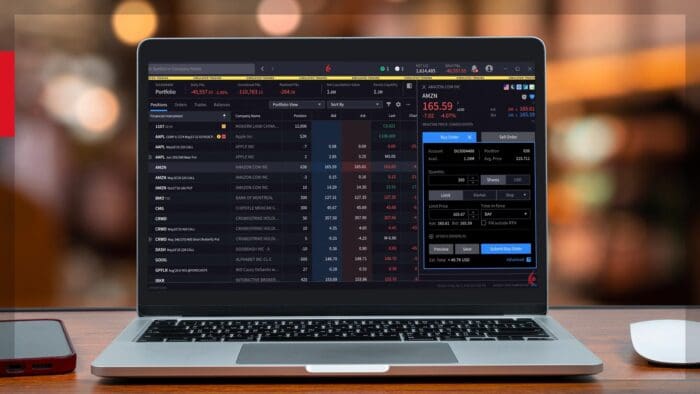
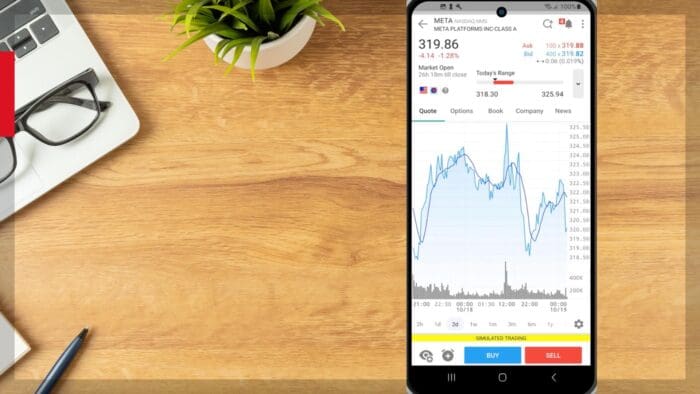

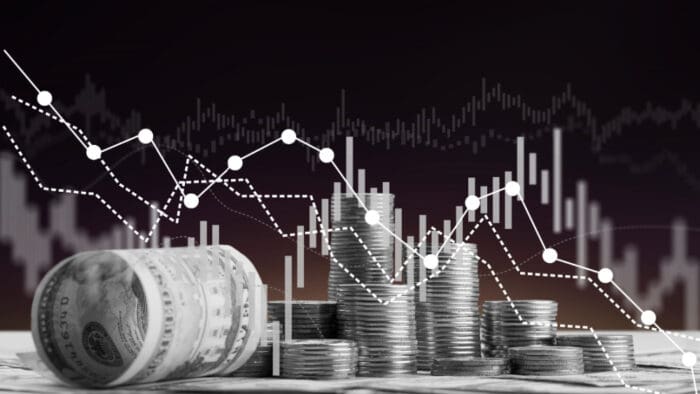
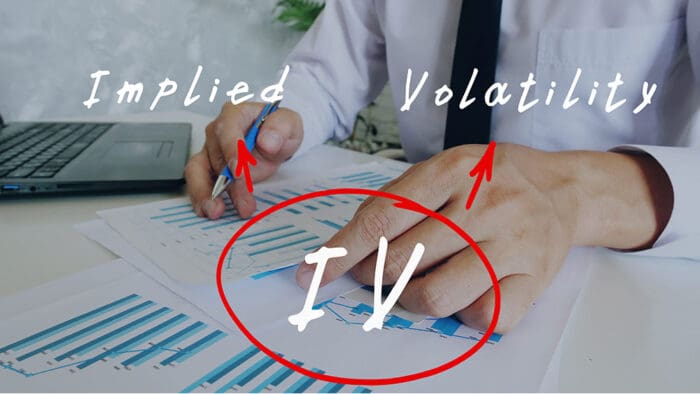


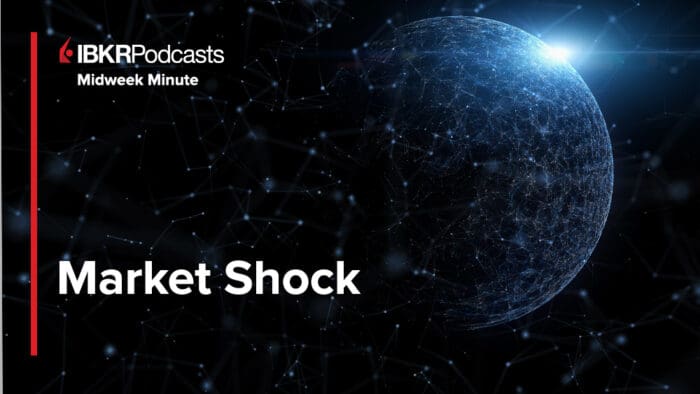
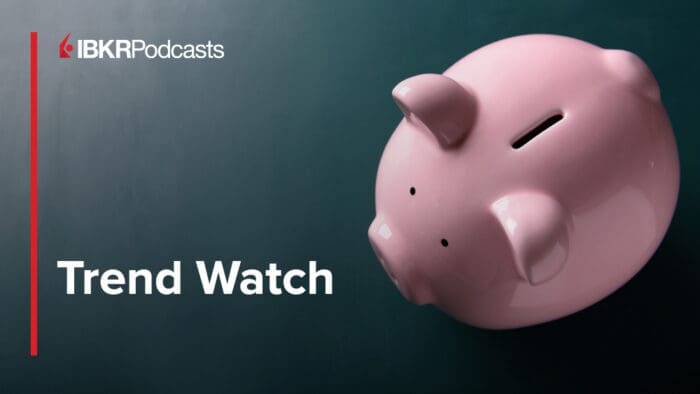



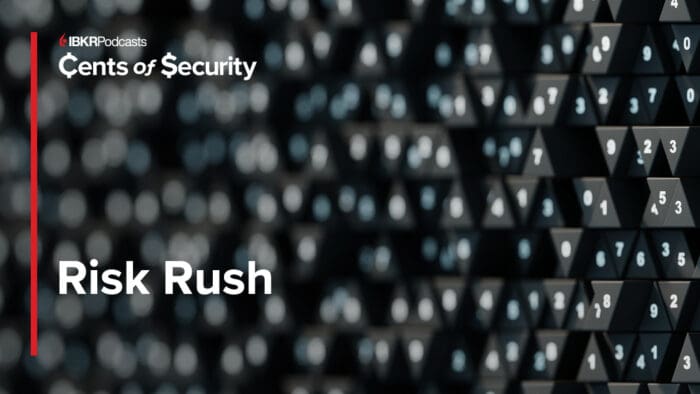



Join The Conversation
For specific platform feedback and suggestions, please submit it directly to our team using these instructions.
If you have an account-specific question or concern, please reach out to Client Services.
We encourage you to look through our FAQs before posting. Your question may already be covered!